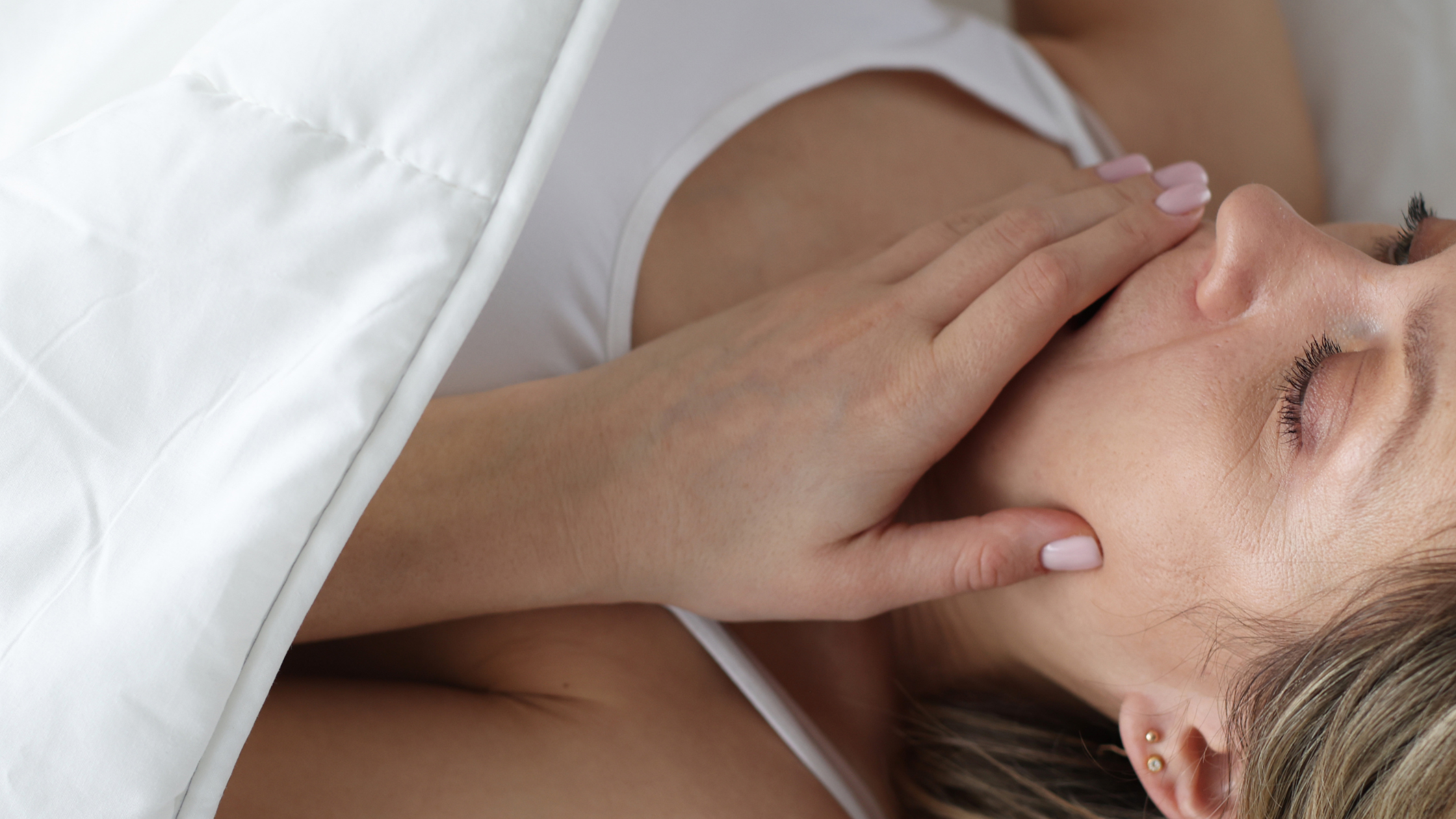
Bedwetting is an occasional accident where one pees in the bed. This can be a common occurrence in children, but when it starts to happen in adulthood, it can be concerning. Most adults who are developmentally competent should not experience nocturnal enuresis, or peeing at night time.
It can be confusing, distressing, and embarrassing to experience this as an adult. It's also potentially the signal that something else more severe is going on underneath the surface. If you experience multiple episodes of waking up with the sheets wet, then it's important to speak with your urologist or primary care physician as soon as possible to determine the cause. Continue reading to learn more about what may be causing bedwetting in adults.
Causes
If you suddenly begin to have bedwetting issues as an adult then you need to see a doctor. You may here them call your problem nocturnal enuresis, which is the medical name for bedwetting incidents that happen at night.
One reason that you may be experiencing this is because of your kidneys. They could make more urine than is necessary due to a hormone called anti-diuretic hormone (ADH). This hormone controls how much urine is produced, and if not enough of it is made or if the kidneys don't respond to it, then this is known as diabetes insipidus. Without adequate levels of ADH, your body will simply get rid of water all the time, whether it needs to or not. This leads to increased urination and feelings of thirst.
The problem could also be with your bladder. If you have a small or compressed bladder (e.g. pregnancy) then it could be more difficult for you to store as much urine. If a small bladder isn't the cause, then an overactive bladder could be the problem. Your bladder normally squeezes to let you know that it's full and you need to go to bed. However, in overactive bladder, this squeezing happens more often than it should, or at the wrong time. This could lead to leakage, increased frequency, and urgency.
Medicines can be another cause of bedwetting. Sleeping pills and antipsychotics are two examples of classes that can irritate your bladder. Clozapine and Risperidone are two examples of drugs that can irritate your bladder, causing leakage of which you may not be able to control.
Last but not least, your bedwetting could be caused by conditions that affect your body's ability to store and hold urine. Bladder cancer and prostate cancer are two examples of conditions that will alter your body's ability to hold cancer. Diseases of the brain and spine, such as seizures, multiple sclerosis, and Parkinson's can also have an impact on your ability to old urine.
Other physical conditions include:
- Blocked urethra (most likely from an enlarged prostate)
- Constipation
- Diabetes
- Obstructive sleep apnea
- Pelvic organ prolapse
- Problem with the structure of your bladder and urinary organs
- Enlarged prostate
- Urinary tract stones or infection
Diagnosing bedwetting
Diagnosing bedwetting in adults is different than with children because providers are naturally going to be looking for a medical cause or reason. In children, most likely it's a developmental process that they will likely grow out of. However, in adults, they will begin running multiple tests after taking a thorough history.
They will want to know information like how often and what time your bedwetting occurs, how much urine comes out, what and how much you drank before bed, and any other symptoms you've experienced (pain, frequency during the day, dribbling, hesitancy, bleeding, etc).
Tests that they will run include:
- Urinalysis - a sample of your urine that can identify an infection, increased sugar or protein, and your level of hydration
- Urine culture - looks for bacteria or yeasts in your urine which could help them identify the root cause for your bedwetting and treat with appropriate medications
- Uroflowmetry - Peeing into a special funnel to measure how much urine you make and how quickly it flows
- Post-void residual urine measurement - Tests how much urine is left in your bladder after urinating to determine if the causes is an overfilled bladder
Treating bedwetting
If you are an adult that struggles with bedwetting, you are probably looking for the fastest treatment possible. The best treatment depends on the cause of your bedwetting.
If your cause is physiological (diabetes mellitus, diabetes insipidus, Parkinson's, etc.) then you will need to treat those underlying causes. This includes appropriate medications, dietary changes, and lifestyle modifications. You will work with your healthcare provider to determine the best course of action.
If your the cause of your bedwetting is behavioral, such as drinking too much before bed, or consuming beverages like alcohol and caffeine, then you can alter your intake in the evenings. This may decrease your risk of having an accident by not pumping your body full of liquid and diuretics (caffeine and alcohol).
Other treatment options include bladder retraining and setting various alarms. Bladder retraining includes going to the bathroom at set times during the day and night. It's similar to potty training a child, but the end goal is to reteach your bladder how to hold urine until it's an appropriate time to void. Use an alarm clock at night that will help you wake up at various intervals and use the bathroom to avoid accidents. This can lead to some sleep disruption, but it's better than urinating and having to clean up, change, and truly disrupt your sleep. Bedwetting alarms are options too where there is a sensor that detects liquid. It will wake you up so you can get to the bathroom before you have a full incident.
If you are increasingly concerned with your bedwetting and need assistance, please click the orange button below to take a free online sleep test and talk with one of our sleep health professionals.
Source:
https://www.webmd.com/urinary-incontinence-oab/bed-wetting-in-adults
